What is Internal Family Systems Therapy?
Internal Family Systems (IFS) Therapy, developed by Dr. Richard C. Schwartz in the 1980s, is an integrative approach to individual psychotherapy. IFS views the mind as naturally subdivided into a variety of different parts, each with its own perspectives and qualities, and a core Self that is calm, compassionate, and curious. The goal of IFS is to help individuals heal by fostering harmony and balance among their internal parts and strengthening the Self to lead effectively.
Key Concepts of IFS
Parts
IFS posits that the mind is composed of multiple parts, each with its own thoughts, feelings, and behaviors. These parts can be categorized into three types:
Exiles: These are parts that hold painful memories and emotions, often resulting from trauma or negative experiences. Exiles are typically hidden or suppressed to protect the individual from experiencing their pain.
Managers: These parts function to keep the individual safe and in control, often by managing day-to-day life and preventing the exiles from surfacing.
Firefighters: These parts act impulsively to extinguish or numb the emotional pain when exiles do surface, often through behaviors such as substance abuse, overeating, or self-harm.
Self
At the core of every individual is the Self, which is characterized by qualities such as calmness, curiosity, compassion, confidence, and creativity. The Self is the natural leader within the internal system and, when accessed, can heal and integrate the various parts.
Goals of IFS
The primary goals of IFS are to help individuals:
Identify and understand their parts: Recognize the roles and intentions of different parts within their internal system.
Heal exiles: Address and heal the pain and trauma held by exiled parts.
Develop Self-leadership: Strengthen the Self to take a leadership role in managing the parts harmoniously.
Achieve internal harmony: Foster balance and cooperation among all parts to enhance overall well-being.
How IFS Works
Steps in IFS Therapy
Identify Parts: The therapist helps the individual identify and become aware of their various parts.
Access the Self: The individual learns to access their core Self, which is essential for healing.
Understand Parts’ Roles: The therapist and individual explore the roles and intentions of each part, understanding that even seemingly harmful parts have protective or positive intentions.
Heal and Integrate: The individual works to heal wounded parts (exiles) and integrate them harmoniously into the internal system, guided by the Self.
Techniques
Mindfulness and Visualization: Techniques to help individuals focus inwardly and become aware of their internal parts.
Dialogue with Parts: The therapist guides the individual in having conversations with their parts to understand their needs and intentions.
Effectiveness and Applications
Research Support
IFS has been supported by research for its effectiveness in treating a variety of conditions, including:
Trauma and PTSD: Helping individuals process and heal from traumatic experiences.
Anxiety and Depression: Addressing the underlying parts contributing to anxiety and depressive symptoms.
Eating Disorders: Managing and healing parts involved in disordered eating behaviors.
Sources:
Psychology Today: Internal Family Systems Therapy
Applications
IFS is versatile and can be applied in various contexts, including individual therapy, couples therapy, and family therapy. It is particularly useful for individuals seeking to understand their internal conflicts and achieve greater emotional balance.
Conclusion: Harmonizing the Internal System
Internal Family Systems Therapy offers a unique and compassionate approach to understanding and healing the mind. By fostering a harmonious relationship among internal parts and empowering the Self, IFS helps individuals achieve greater psychological well-being and resilience.
If you’re interested in exploring how IFS can benefit you, please contact us at Moriel Mental Health to book an appointment. We work all throughout California and are here to support you on your journey towards healing and self-discovery. At MMH, we are committed to providing the care and guidance you need.

